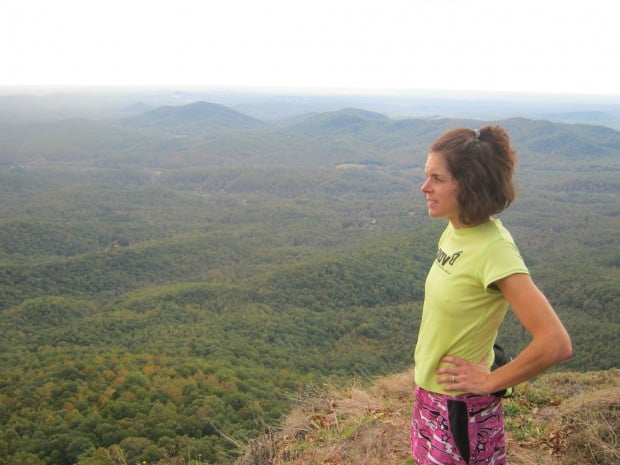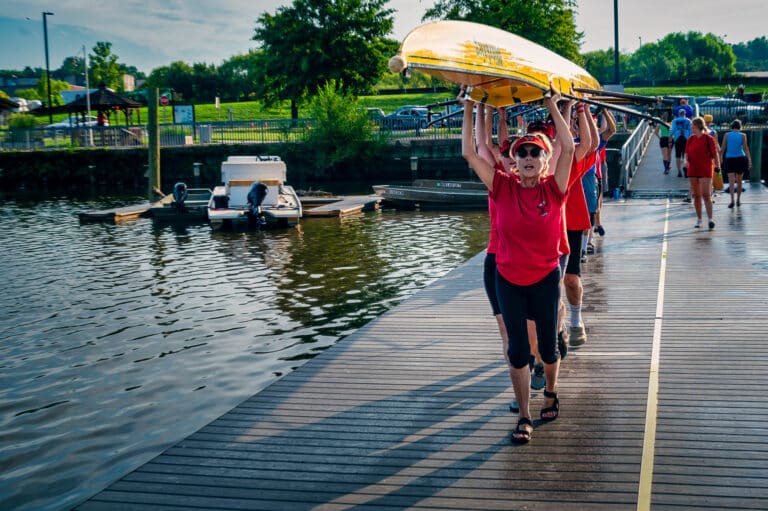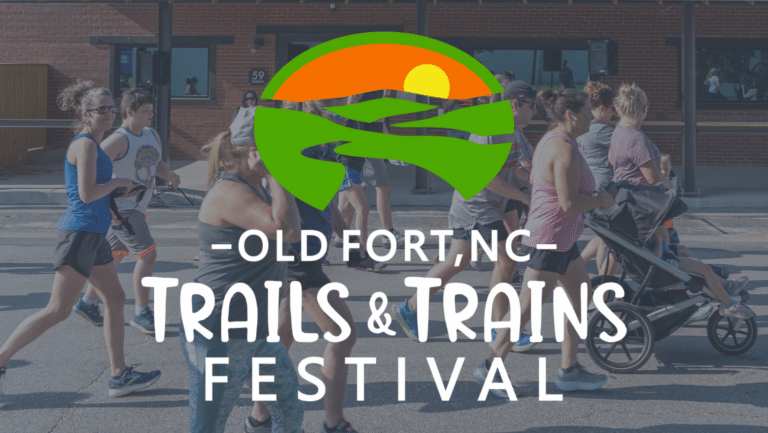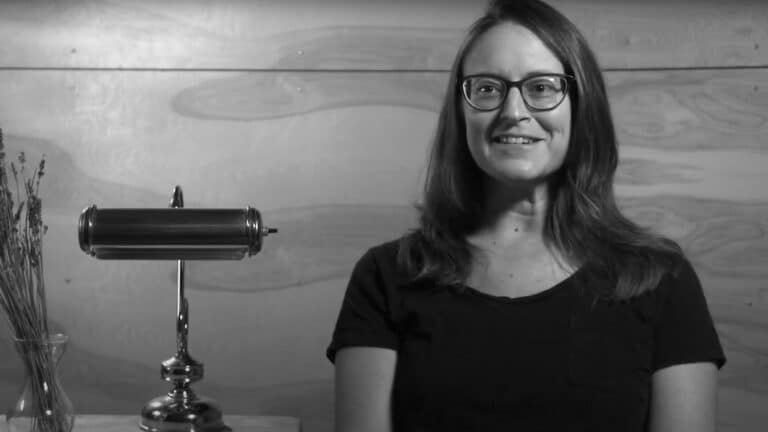A couple of weeks ago, I set out to run the length of Shenandoah National Park on the A.T. While the distance (107 miles) was daunting, I had run that far before and figured the goal was achievable. Although it was to be a solo effort, the close proximity of the trail to Skyline Drive meant that there would be plenty of opportunities for crew support. My husband Mark agreed to follow along on the road and meet me every 4-6 miles with encouragement and refreshments. Early Saturday morning we packed the car and drove up to Front Royal; six hours later, I was off on my adventure.
For the first twenty or so hours of my run, I felt great – confident and happy to be on the trail. It had been a hectic week, so the opportunity to spend hours alone in the woods was a real luxury. Midway through the second afternoon, however, the euphoria had worn off and I was over it. Exhausted and worn down by the miles, as well as the heat and humidity, my spirit was broken. When I met my crew at mile 88, I informed them that I was calling it a day. Shock and disbelief filled Mark’s face as he encouraged, cajoled, and even begged me to continue, promising that I’d get a second wind and would feel better in a few miles.
No such doing – I had made up my mind and felt okay with my decision. I assured him that I would not regret the choice.
Fast-forward twenty-four hours (or maybe it was only twelve) and I’m doing what all runners recovering from a DNF do: planning my next attempt and struggling to make sense of my decision to pull the plug. I’ve been running and racing for 31 years and have DNF’d exactly three times, all due to significant injury. This time, I wasn’t injured – just hot and exhausted. What made me quit? Am I getting soft in my old age? And is it okay to accept defeat sometimes? I challenged that trail to a duel and I lost. It happens…but usually not to me.
As I’ve processed this experience, one thing that I’ve realized is that the fact that this was a solo journey, rather than an organized race, made it easier to quit. Knowing that I had no one to answer to other than myself made stopping seem like less of a big deal. That, in turn, raised questions of why I run and for whom. It’s not easy to admit that part of the reason I push beyond the pain and discomfort is for the accolades I’ll receive from others. Big victories and course records garner a lot more attention than solitary excursions. It is far more difficult to persevere knowing that my accomplishment (or failure) will be unknown except to those closest to me.








